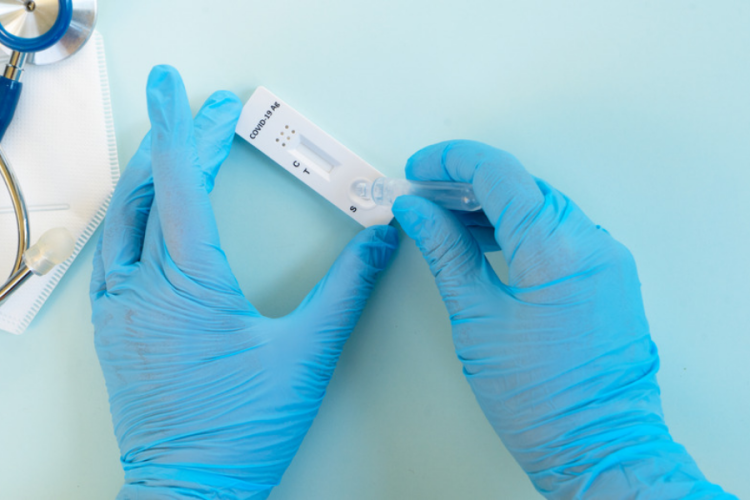Free Rapid Antigen Tests for all is a matter of equity: PHAA & AMA
The Australian Government must urgently increase supplies of Rapid Antigen Tests and ensure they are available to everyone for free, not just select groups, the Public Health Association of Australia (PHAA) and the Australian Medical Association (AMA) said.

The Australian Government must urgently increase supplies of Rapid Antigen Tests and ensure they are available to everyone for free, not just select groups, the Public Health Association of Australia (PHAA) and the Australian Medical Association (AMA) said.
The RATs are a health product, not a typical consumer good, and the overwhelming demand for them has inflated their price beyond what many people can afford.
“It’s an essential tool for communicable disease control,” PHAA CEO, Adjunct Professor Terry Slevin, said.
“With the difficulty of getting a PCR test, many people just want to be confident they don’t have the virus before they interact with others.
“RATs do, and must continue to play, an essential role in a pandemic that is looking increasingly out of control.
“We cannot diminish the incredible work of our public health and healthcare workers across the continent by letting market forces decide who can afford to get and use RATs during this health emergency.
“Equity matters – as it does for every aspect of public health. The people most at risk from the pandemic are often least able to afford RATs, if they can find any.
“Everyone has the right to access RATs, not just those who can afford it, nor the insatiable desires of retailers who have the unusually close ear of government.
“We didn’t let the market decide the price for COVID-19 vaccines, and we must not let it determine RAT prices.”
Australian Medical Association President, Dr Omar Khorshid, said: “The benefits of these tests – like wearing a mask and washing your hands – are for others in the community, not just the person taking the test.
“Given the soaring case numbers which most likely represent just a fraction of actual infection rates, and the stretched capacity for PCR tests, we are running out of time to get widespread use of RATs in the community underway and support people to do the right thing.
“There’s no time for piecemeal measures, like targeted subsidies which might be difficult to implement. We need to harness the goodwill in the community to use RAT kits and free access for everybody.
“Health care workers, including GPs and their staff, need urgent priority access to RAT kits in order to keep working and providing health care to the public.”



